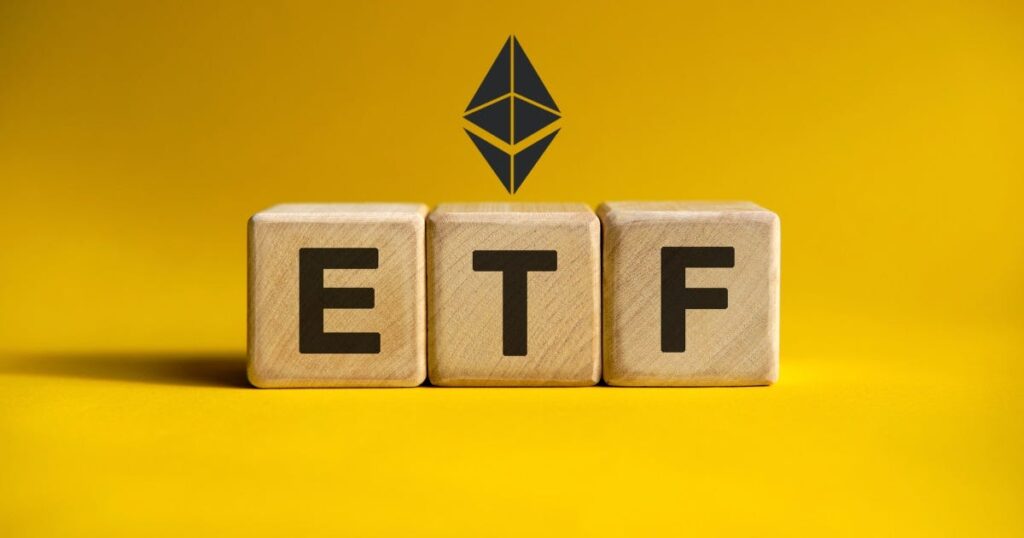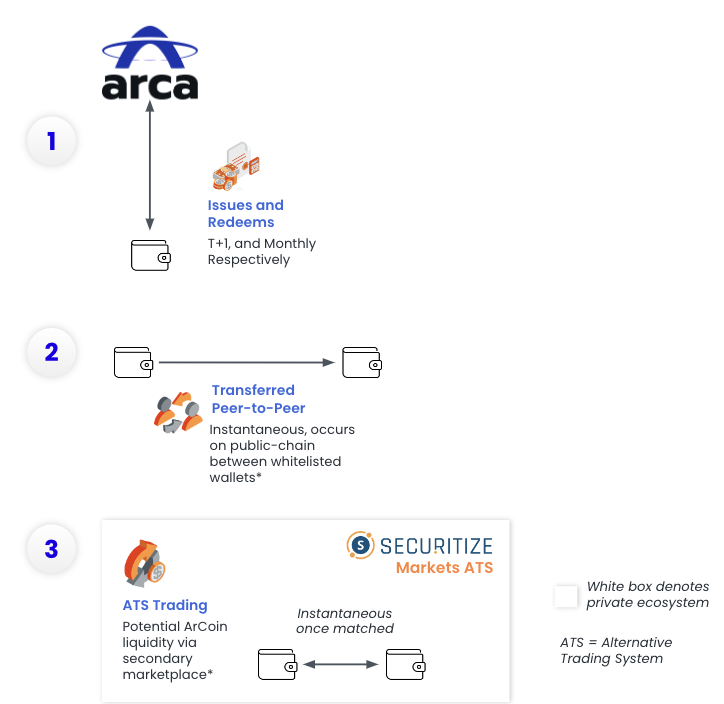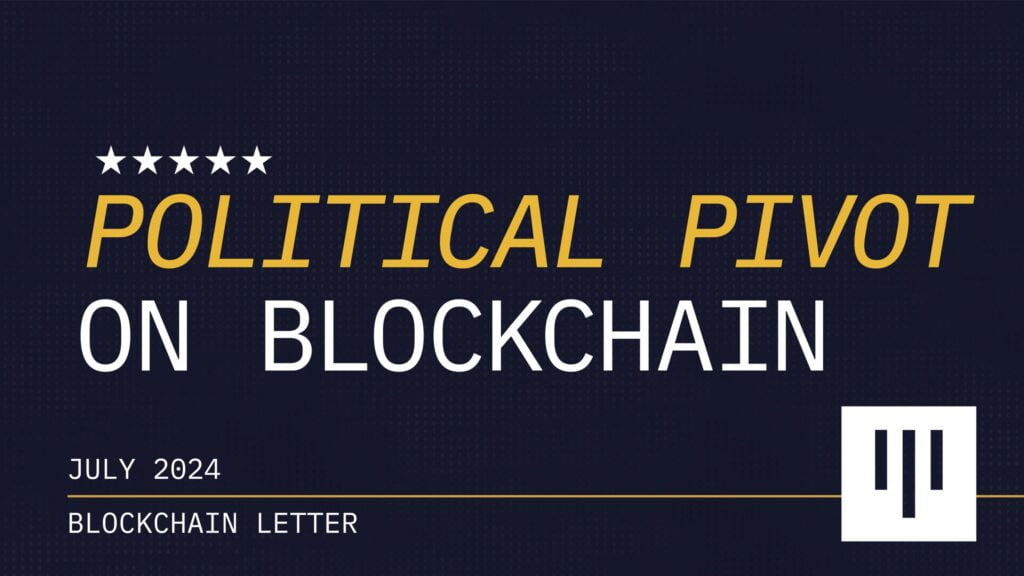Podcast Summary
This podcast episode delves into the world of blockchain technology, focusing on the development of Ethereum and Layer 2 solutions. The guests, including Ludwig from Sorella LAVS, discuss the challenges and solutions in optimizing liquidity provision in Automated Market Makers (AMMs), the role of validators, and the potential of Application-Specific Sidechains (AVS). The conversation also explores the future of Decentralized Finance (DeFi) with the advent of pre-confirmation and the potential for Layer 2 solutions to replace centralized sequencers.
Key Takeaways
Optimizing Liquidity Provision in AMMs
- Challenges in AMMs: The current implementation of AMMs is not profitable due to constant arbitrage and stale quotes. Sorella LAVS’s solution is to create an auction system where arbitragers compete to purchase the right to execute arbitrage against the pool.
- Solving the Sandwich Problem: Sorella LAVS aims to solve the sandwich problem by batching user orders to form a single uniform clearing price, improving the efficiency of the system.
Role of Validators and Economic Security
- Quorum Selection Process: The auction involves accepting a limited number of validators who ensure the auction runs smoothly and maximizes profitability for liquidity providers.
- Economic Security: Ethereum was chosen as collateral for the auction due to its simplicity and the economic security provided by Engen. The optimistic model of requiring a significant stake per validator was initially seen as a limiting factor but has been overcome by the abundance of reate capital.
Application-Specific Sidechains (AVS) and Rollups
- AVS vs Rollups: AVS and rollups serve different purposes, with AVS being suitable for applications that require rotating sets of auctioneers and rollups being suitable for applications with centralized sequencers that can be decentralized.
- Statefulness of Applications: AVS allows for more flexibility in implementation compared to rollups, as it doesn’t require compressing state or custom execution environments.
Future of DeFi and Pre-Confirmation
- Revolution in DeFi: The world of DeFi is expected to go through a complete revolution with the advent of pre-confirmation and the ability to reimagine applications with newfound computational resources.
- Pre-Confirmation: The ease of securing economic security through pre-confirmation will lead to improvements in lending protocols, DEXs, and other DeFi applications, resulting in better consumer experiences and increased efficiency.
Interoperability and Multi-Chain Activity
- Interoperability: Ethos aims to bring pre-confirmation not only to Ethereum but also to other chains, enabling commitments made on one chain to be executed on another, thus promoting interoperability.
- Multi-Chain Activity: The trend is towards building app-specific protocols on interoperable chains rather than creating separate chains, allowing users to keep their assets on Ethereum or their preferred L2 solution.
Sentiment Analysis
- Bullish: The podcast presents a bullish sentiment towards the future of blockchain technology, particularly Ethereum and Layer 2 solutions. The guests express optimism about the potential of AVS and rollups to optimize liquidity provision in AMMs and the future of DeFi with the advent of pre-confirmation. The discussion also highlights the potential for Layer 2 solutions to replace centralized sequencers, indicating a positive outlook for the development of these technologies.
- Neutral: While the podcast presents a bullish sentiment towards the future of blockchain technology, it also acknowledges the challenges and complexities involved in implementing these solutions. The discussion around the role of validators, the need for economic security, and the potential clash between global pre-confirmation at the protocol layer and application-specific pre-confirmation at the application level reflects a balanced view of the current state and future prospects of these technologies.












